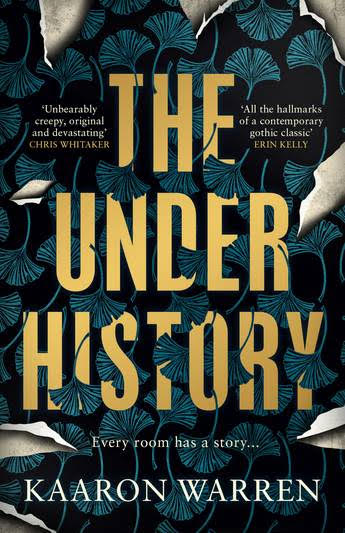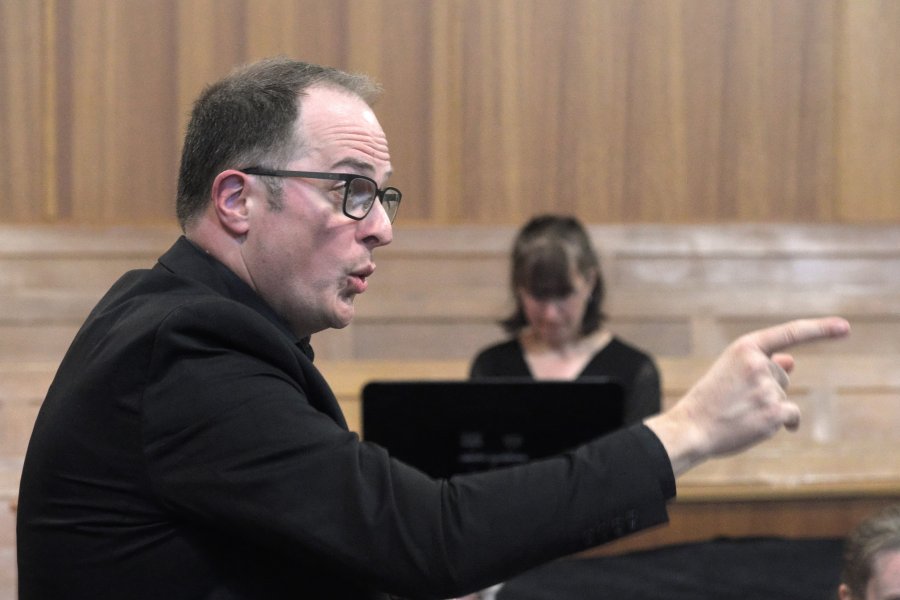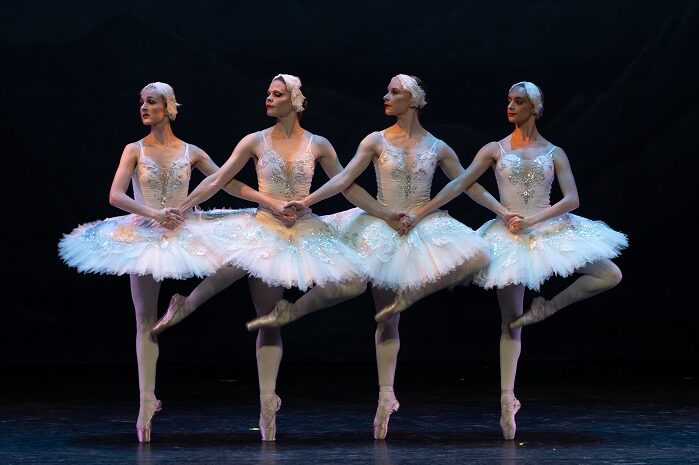
COLIN STEELE reviews new horror novel by Canberra author Kaaron Warren. He describes The Under History as “an impressive dark, haunting and decidedly original, novel that juxtaposes the themes of family, loss and self-preservation”.
Canberra author Kaaron Warren has, to date, arguably never received the national or popular attention her books deserve, perhaps because they have been primarily in the horror and fantasy genres, in which she has won Australian Shadows, Ditmar and Aurealis Awards that are often not appreciated nor understood by literary editors.

Warren has said: “Whenever I’m asked why I write horror — and aren’t we all asked that often? — part of my answer is because it helps me to try to understand what the hell is going on.
“The world, people and the things they do, fate, luck (good and bad), entropy, decay and birth; we look all of this in the face in horror. We go to places other writers perhaps don’t go… I’m proud to be part of a genre that can embrace better ways of communicating these fears. That we no longer need to use aggressive, abusive, racist, ableist, sexist, homophobic language in our work (unless deliberately creating a monster who speaks in that way)”.
Her public profile may well change with her new novel The Under History (Viper), a blend of crime fiction and gothic thriller, which had a major launch as a hardback and audiobook in the UK in May. The novel begins in 1993 with Pera Sinclair in her early 60s, running historic tours of her labyrinthian “mansion”, Sinclair House.
Pera’s life, at the age of nine, fell apart in 1941. A pilot, with his family on board, deliberately crashed his plane on the Sinclair family home, killing his own family, all the members of Pera’s family except Pera and various VIP house guests including the prime minister and his wife. Pera, who was in the garden at the time, was the only survivor. Pera reflects that she is only famous for “how my family died”.
After an understandably troubled childhood, Pera uses her inheritance to gradually rebuild the large house and its chapel, eventually opening the house as a tourist attraction, each room allowing Pera to tell a part of her story and also of related people who died, notably her sister who was murdered in 1936 and her ultimately abusive husband. The events in Pera’s life are related in flashback chapters from 1993, with chapters titled after the name that Pera has given to each room of the house.
Pera embellishes her last tour of the season for a young family with stories of the ghosts in the house, which may or may not be true. Pera says hers “was the first haunted house tour in Australia”.
The tour, however, is turned upside down when five violent escaped convicts, including murderers (one that Pera knew as a child), descend on what they think is a deserted house looking for money. While the convicts are somewhat caricatured and thus lack character depth, their ability to kill Pera and the tour group is without doubt. They are: “Dangerous men, who will hurt the family without a second thought, and who will keep an old woman alive only so long as she is useful”.
Warren skilfully delivers a home invasion framework, as Pera desperately leads the convicts, fuelled by drink, from room to room in search of promised treasures in a house which is almost a character in itself.
Ursula Le Guin once said that women over 60 are invisible. To the convicts, Pera is virtually invisible and no threat, but they fail to realise that for Pera death has been omnipresent in her life. She will need to create conflict in the convict group and then implement their deaths if she is to survive. “It would only end if she stopped it”.
Warren has delivered in The Under History, an impressive dark, haunting, and decidedly original, novel which juxtaposes the themes of family, loss and self-preservation.
Who can be trusted?
In a world of spin and confusion, there’s never been a more important time to support independent journalism in Canberra.
If you trust our work online and want to enforce the power of independent voices, I invite you to make a small contribution.
Every dollar of support is invested back into our journalism to help keep citynews.com.au strong and free.
Thank you,
Ian Meikle, editor








Leave a Reply